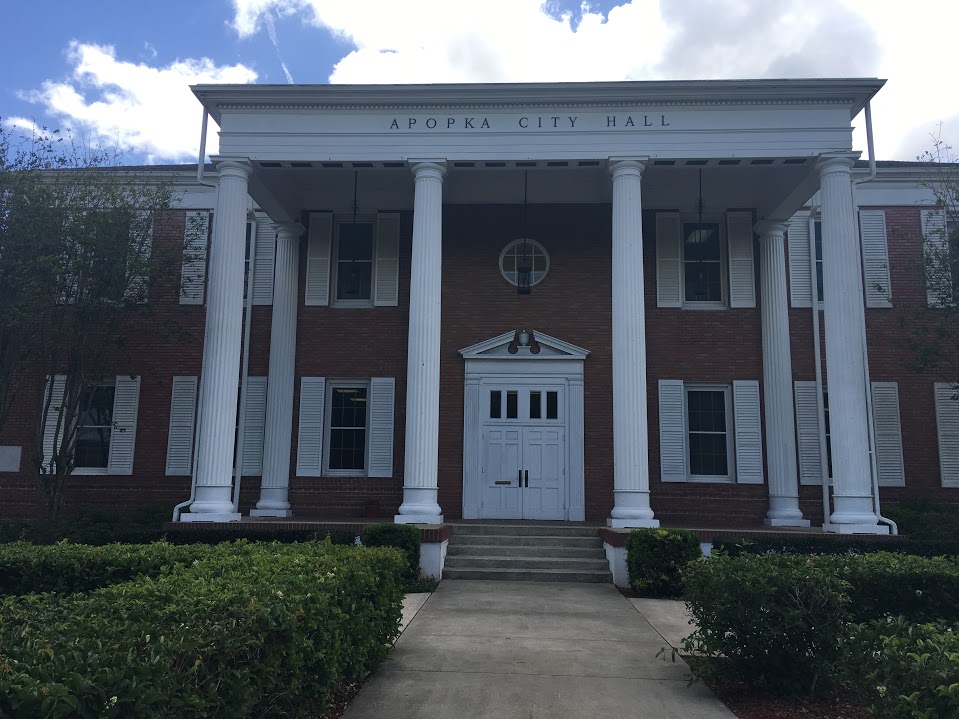
Teresa Sargeant
Key Points
The city is still revising its comprehensive plan, as it works through the state’s recommendations on how to alter the document to comply with the newly adopted Senate Bill (SB) 180.
SB 180, which went into effect July 1, restricts counties and cities in federal disaster areas from adopting moratoriums or more restrictive amendments to their comprehensive plans or land development regulations, retroactive from Oct. 1, 2024, until Oct. 1, 2027.
The bill specifically targets local areas affected by hurricanes Debbie, Helene and Milton.
City attorney Andrew Hand gave the Planning Commission an overview of SB 180 at the board’s Sept. 9 meeting.
The bill was adopted on the last day of Legislative Session with little review, according to city attorney Andrew Hand.
“There’s a number of counties and cities that have created delegations that are providing feedback on Senate Bill 180 and how to amend it, amend the statute to accomplish what the Legislature was trying or attempting to accomplish without going overboard and really affecting development as a whole, as opposed to rebuilding what this bill does,” Hand said.
The Apopka City Council approved the first reading of the city’s revised comprehensive plan on July 2. A comprehensive plan lays out long-term goals for a community’s future development and growth.
The City Council hasn’t yet completed a second reading or approved final adoption of the document.
City planner Bobby Howell told the Planning Commission that the state identified some specific policies in Apopka’s comprehensive plan that needed revision, particularly around open space, infrastructure capacity, and buffering from springs and sinkholes.
Wes Dumey, Planning Commission member, said he was disappointed with what he perceived as the state government’s overreach of local governments’ jurisdictions.
“It’s disappointing again to see some of our protections be whittled away, especially around the springs and our open spaces,” he said. “I wish the localities much success in suing their legislation, their judicial remedies for these kind of overreaches from the state legislature.”
Suggested Articles
No related articles found.



